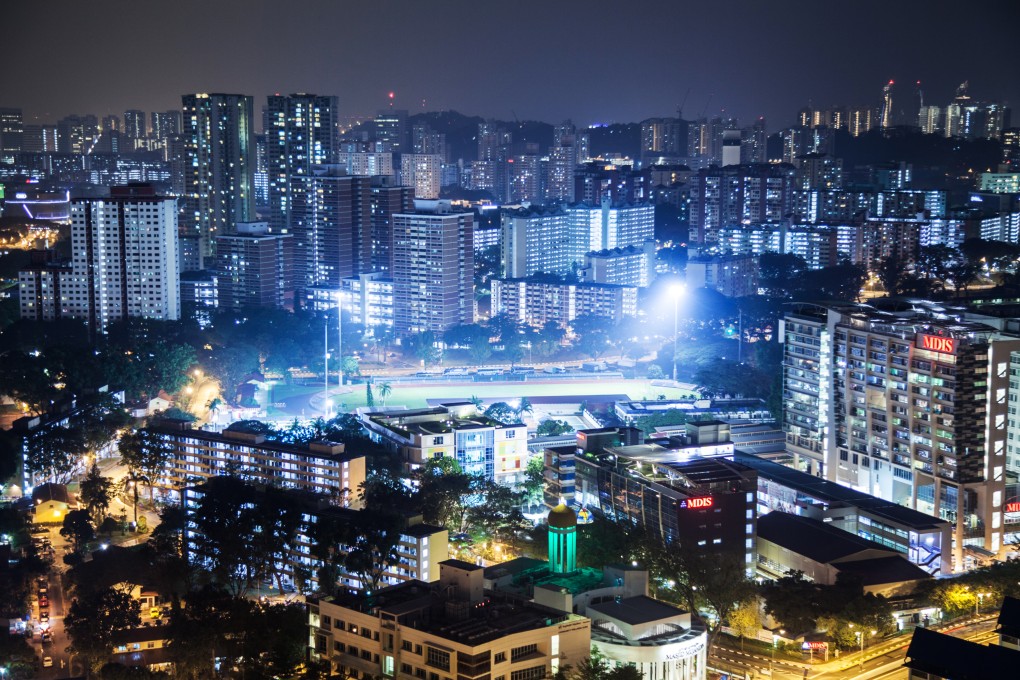Macroscope | Radical transformation key to Singapore's sustainable growth
To enhance the city state's competitiveness, policymakers need to think big and bold with a targeted approach in leading an innovation drive

I failed to impress Lee Kuan Yew when we met for the first time a decade ago. It was in December 2004 in Bangkok and he was giving a speech arguing that rumours of America's decline were premature.
"America", he declared, was "the most dynamic economy in the world" and would be for many years to come. Afterwards, when I asked the founder of Singapore if he was too bullish on the United States, given the rise of China, he rolled his eyes.
"Why are you such a bad American?" he joked with signature bluntness before lecturing me on the mechanics of competing in a fast-changing world. And, as Lee leaves the scene, I am struck by the irony of that exchange. It is now Singapore's turn to confront questions about whether it can still compete as Asia's emergence challenges the impressive economy Lee built.
With the gap between haves and have-nots widening and citizens turning against the open immigration policies Singapore long embraced, the city state is facing questions about its identity. Lee's early successes were based on a unique confluence of factors. Whereas Asian "tigers" Hong Kong, South Korea and Taiwan relied on productivity gains to drive growth, Singapore appropriated domestic savings, marshalled the population into moderate-paying jobs and led the charge with government-linked companies. While the results were dramatic, that model has run its course.
The question now is what the new model should be. "For Singapore to maintain its position as a country with Asia's highest per capita [gross domestic product], it will need to sustain strong productivity growth to support steadily rising wages, while keeping unit labour costs constrained," says economist Rajiv Biswas at IHS Global Insight. "Singapore's future success will therefore depend on continued transformation of the economy towards higher-value-added industries."
Efforts by Lee's son, Prime Minister Lee Hsien Loong, to raise Singapore's competitiveness have had mixed results. Five years ago, the government launched a 10-year, US$2.6 billion effort to boost productivity. Instead of rising towards the targeted 2 to 3 per cent range, growth in worker efficiency has averaged around 0.5 per cent in recent quarters.

